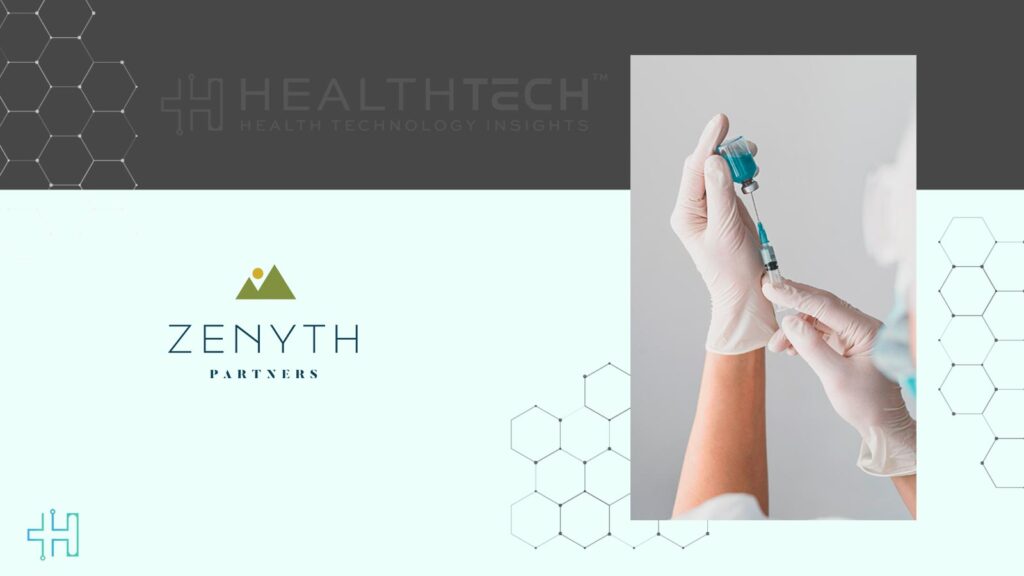KARE, the leading digital labor marketplace for post-acute and senior care, in collaboration with the National Association of Health Care Assistants (NAHCA), has completed its groundbreaking three-part study, “Trauma and Resilience.” This comprehensive report sheds light on the unseen challenges faced by senior and post-acute care staff, referred to as the “careforce,” and explores the intersection of trauma, mental health, and social determinants of health on this group of employees. The study, conducted with input from 1,142 careforce professionals across the U.S., highlights the critical issues affecting caregivers’ well-being and the implications for workforce retention and quality care delivery. The findings emphasize the urgent need for systemic solutions and support for a workforce navigating profound personal and professional challenges.
KARE, the leading digital labor marketplace for post-acute and senior care, in collaboration with the National Association of Health Care Assistants (NAHCA), has completed its groundbreaking three-part study, “Trauma and Resilience.” This comprehensive report sheds light on the unseen challenges faced by senior and post-acute care staff, referred to as the “careforce,” and explores the intersection of trauma, mental health, and social determinants of health on this group of employees.
HealthTech Insights: Deciphex Secures $32.3M Series C to Address Global Pathology Shortage
The study, conducted with input from 1,142 careforce professionals across the U.S., highlights the critical issues affecting caregivers’ well-being and the implications for workforce retention and quality care delivery. The findings emphasize the urgent need for systemic solutions and support for a workforce navigating profound personal and professional challenges.
“This series provides a starting point to understand the prevalence and severity of trauma in the careforce and offers a starting point for healing and support.” –Jean Hartnett, MHSA, NHA, CDP, YTT, CNA, founder of Radical Sabbatical,
An Overview of KARE’s “Trauma and Resilience” Series
HealthTech Insights: Swoop to Showcase Award Winning AI-Driven Innovations for Healthcare Marketers at CES
Part One: Adverse Childhood Experiences (ACEs) and Today’s Careforce explores how childhood trauma impacts the careforce. Key findings include:
- 73% of the careforce faces intermediate to high levels of toxic stress.
- 34% of the careforce are at high risk of toxic stress due to having four or more ACEs, double the U.S. population.
- RNs reported the highest average ACEs score of 3.2, compared to the careforce average of 2.7.
Part Two: The Influence of Mental Health and Personal Well-Being in the Workplace examines the workplace implications of trauma and the COVID-19 pandemic. Highlights include:
- 25% of the careforce feels their ACEs currently affect their physical health and 50% reported their ACEs affect their current mental health.
- Almost half of the careforce feels the effects of the COVID-19 pandemic on their mental and physical health.
HealthTech Insights: Fair Therapeutics Completes Enrollment in Phase IIb CHOICES Trial of Novel CFTR Modulator for Ultra-Rare Variants of Cystic Fibrosis
Part Three: How Social Determinants of Health Can Build a Better Future investigates the current state of social determinants of health (SDOH) in shaping the careforce’s future. Key findings include:
- 27% of respondents experienced food insecurity, nearly double the U.S. adult average.
- 23% reported housing instability, compared to 12.9% of U.S. adults.
- High-risk respondents (4+ ACEs) consistently faced greater challenges in SDOH domains, including utility needs and interpersonal safety.
To participate in our interviews, please write to our HealthTech Media Room at news@intentamplify.com
Source – prweb







